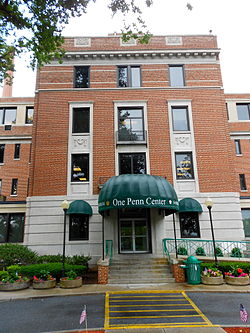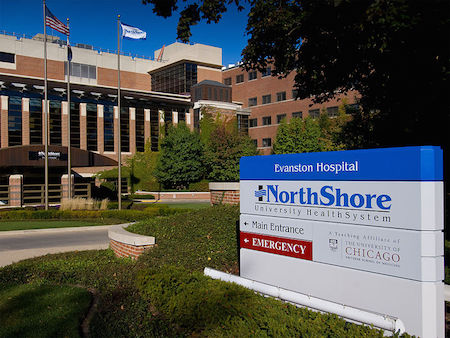Ashish K. Jha, M.D., of the Harvard T.H. Chan School of Public Health and an internist at the Veterans Affairs Boston Healthcare System, argues in a JAMA piece that the insurer withdrawals and big insurance premium increases this year are to no small degree attributable to the market power being wielded by ever larger hospital chains.
He thinks that the future of the Affordable Care Act may rest on the federal government’s ability to monitor and regulate healthcare-industry consolidation among practices, hospitals and hospital systems.
“If the ACA is to thrive under the next president, he or she must ensure that we have a dynamic healthcare marketplace,” Dr. Jha wrote. “For that reason alone, the ability of the ACA to fulfill its promise of greater access at an affordable price will depend as much on the effectiveness of the FTC {Federal Trade Commission} as it will on the effectiveness of the CMS.”
His remarks come as a federal appeals court decided to support the FTC’s challenge of the proposed merger between Advocate Health Care and NorthShore University HealthSystem, both in Illinois.
The 7th Circuit Court of Appeals called a lower court’s decision to allow the proposed merger between the two health systems “erroneously flawed.”
FTC has argued that the deal could hurt both patients and insurers and result in higher medical costs because of the new behemoth’s pricing power. The health systems have been battling with the FTC over how their market share should be defined.
To read Dr. Jha’s JAMA piece, please hit this link.






